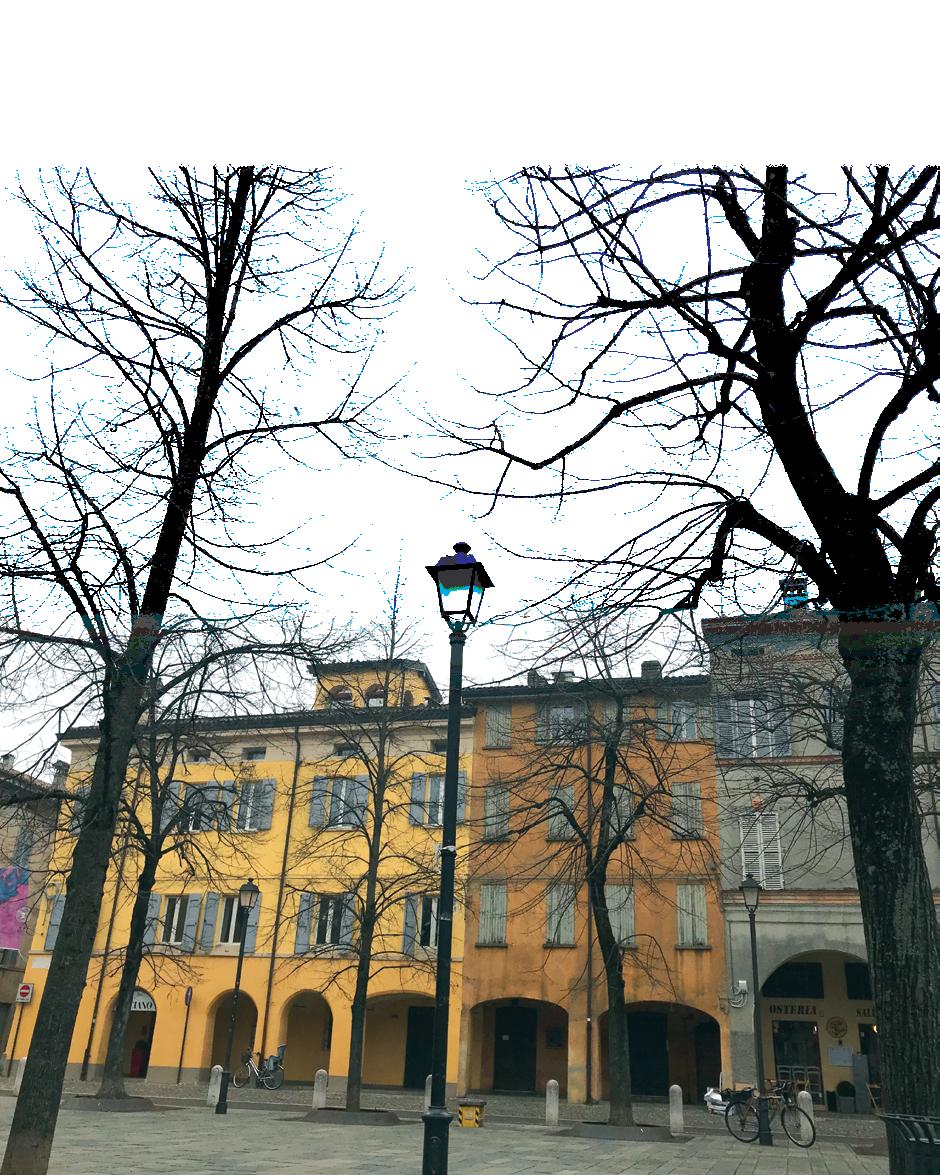
3 minute read
Brave Hearts and Cool Heads
Hannah Elliot (Class of 2012) is a Registered Nurse in the Emergency Department at Melbourne’s Alfred Hospital. We spoke with her during the height of the COVID-19 pandemic.
What is it like working as a Nurse during the pandemic?
Advertisement
I’ve been in this role for three years. Nothing has ever been like it before. We haven’t been inundated with patients, because the government has listened to the scientists, research and the evidence. That’s really the best thing that could have happened for us. We can actually handle it.
But it’s the added stress which is the main challenge. You have the risk of getting COVID-19 because you’re around it all the time. The hospital has looked after us and made sure we’re protected. But in the way that everyone’s lives are affected by this, it’s the same with us. Every single aspect is affected. It’s exhausting.
Every day there’s something different. Every single day there is a change to what we are doing. Sometimes it changes every hour! There are changes being forced upon us from so many different levels. The Government sets the guidelines that we base our protocols on. Somebody who might not have met criteria for testing [for COVID-19] at the start of the day may now meet the criteria. It’s an evolving thing.
How different is it right now from what you are used to?
We have to wear the face mask all the time, regardless. But we only wear head to toe Personal Protective Equipment (PPE) if we are going into a room with a patient with suspected or confirmed COVID-19. So lots of donning and doffing, putting on gear and taking off gear. That’s how it's different. There is just so much added time to make sure everybody is safe. Which we are all grateful to do, obviously. We want to keep each other safe and keep ourselves safe.
But it’s really weird to be wearing masks all the time because you can’t talk to people like you normally do - you can’t read what they mean and you can’t lip read, so there’s that visual difference all the time to constantly remind us, oh we are doing this.
When you are stuck inside those isolation rooms, everyone is outside willing to help you if you need it. We’ve got very good at communicating through doors and walls! People just step up to help each other out. And it’s always been like that but more so at the moment because you actually need help. You can’t do those tasks on your own.
There are lots more things that you have to consider. All the time.
Have you been worried?
Yeah. When we were at Stage 2 of lockdown in Australia, everyone in the Emergency Department was very anxious. There was a feeling of impending doom. I think a lot of people felt it.
But once we had really good testing and we had done a lot of preparation, we went, ‘Okay, we are prepared, we’re going to be Okay’. My hospital has expanded its department by three times the size, in case we do get that demand. I think for the moment we are all feeling okay. Despite everything.
Once we realised how differently Australia was doing in comparison to other countries like Italy or Spain and the UK, it completely reassured us.
What’s the most challenging thing you’ve gone through in the last few weeks?
In those weeks when we didn’t know what was coming, it was challenging. You had to wait and see. In terms of causing stress, that was the most challenging.
But at work you never do anything on your own. You have 50 people in the department with you. If we weren’t well staffed it would be challenging but because we’re so well supported, a lot of that is mitigated.
How does it feel to be a frontline worker in a pandemic?
Being a frontline worker… there is nowhere else I’d rather be. I don’t want to say we signed up for this - you’d never sign up to work in a pandemic, but we do this job to help people, no matter what, whether we are in a pandemic or not. We help people using our skills to make people more comfortable and healthier. I feel lucky that I’m able to help in the way that I can.





